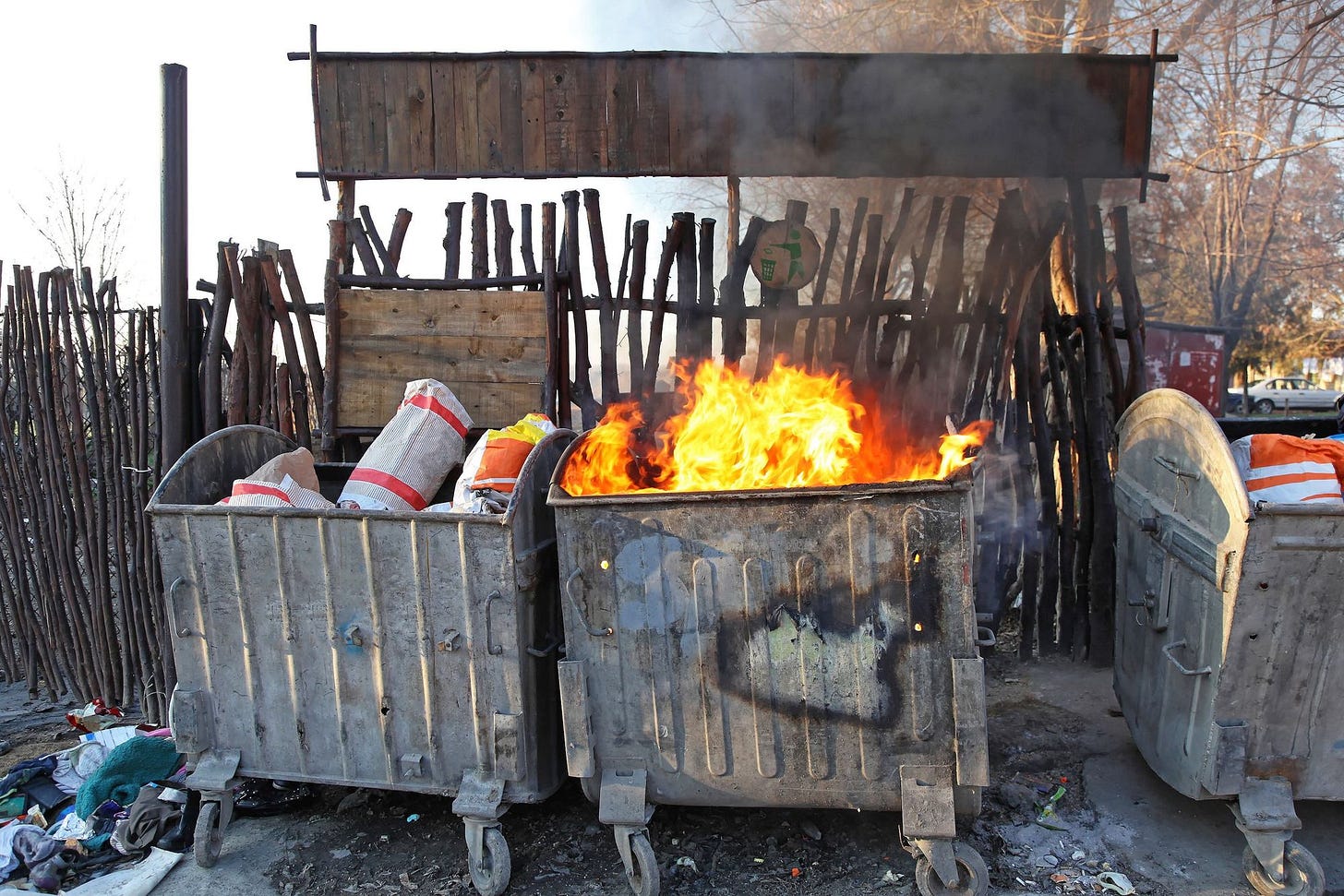How (not) to run a community

There are few things that bring me more satisfaction than being part of an online community. I belong to several, and when they are run well, it's a wonderful experience.
As a member of YouTuber Seth James DeMoor's running community, I have made good friends with other runners, swapped injury prevention advice, learned about which shoes never to buy and get daily inspiration and challenges from the members who are all incredibly positive and supportive. In addition, it helps connect my solo runs with something much bigger.
This community is instrumental in helping me create a mindset that gets me out of bed at 5:45 am on cold dark winter mornings.
I want to break down this community in a later blog to look at what works (and what doesn't), but today I want to talk about another community I was part of for a few years.
This community was built with social media's free tools and at one point had over 10,000 members. The community owner knew what I did for a living and asked for advice to help turn it around as engagement was dropping and it had turned sour. I worked with this person for a while, giving advice and strategy. Sadly none of the advice was implemented.
I couldn't help this community owner, but hopefully, the lessons I took away from it can help others.
Here are my top tips on how (not) to run a community.
Make it all about you
🔴 You created the community; others look to you for guidance, so instead of giving value, working hard to ensure your members get what they need, let this go to your head and become intoxicated with your power!
🟢 Leading a community is to serve the needs of others. Therefore, you need to put others before your own needs all the time you are in your community.
Don't bother to engage with your community
🔴 It's hard work being the fearless leader, so post a few personal updates a week and ignore every other conversation within your community. You do not need to take the time to get to know people when you can post content without making sure it's what your community needs.
🟢 In the early days of your community, you will need to reply to as many posts as you possibly can. Make the reply genuine; a few emoji isn't enough. Enquire a little deeper and find things unique to them. As the community becomes more self-sufficient, you can scale back the time you need, but you should commit to at least one hour daily to speak to your members.
Treat people as a sales funnel
🔴 You've got to sell and to sell; you need people. There's no time to foster genuine connections, learn about your members' needs, and grow bonds. So sell, sell, sell! Sell every single day, several times a day. Your community is cattle to herd into corrals.
🟢 A good number of communities have a business value. It may be support deflection, research for development, or increase sales with a switched-on core fan base. These are not ugly things, but many people are ugly in their execution. So before you try and sell a single thing, you need to build trust, and you build trust by being genuine and making connections. Your community members are complex human beings with hopes, dreams and fears. They are not a credit card number.
Onboarding is a waste of time
🔴 It would be best if you had as many people as possible in your community, so accept anyone and hope for the best. Just let them get on with it once they are in through the doors. It's survival of the fittest!
🟢 Where possible, be selective on who you let into your community. Do not get sucked into aiming for bigger and bigger numbers. New members should have a clear path to resources that help them understand the purpose of your community and its ethics. This will help them adjust their expectations, find the resources they need and ease them into the tone and feel of your community.
Metrics and stats are for nerds
🔴 There's no need to take benchmarks to see if changes in direction within your community are effective. Instead, it's better to wing it and go with how you feel.
🟢 While pure numbers are not the only metric you should monitor, you need some data to know if course corrections are impactful or not. Without baseline data, you are groping in the dark.
Never moderate or enforce rules
🔴 Why make running a community feel like work? Having to read other people's content is time-consuming, so assume everyone will be friendly to each other all the time. I guess if they're not, they can sort it out between themselves?
🟢 Poor moderation is the leading cause of communities turning toxic. The better you get your onboarding and day to day management, the less you will need to reach for punitive tools, but never be afraid to take swift and decisive action. Everyone deserves a second chance, but few deserve a third.
Lose control of the community
🔴 As you're so busy and rarely turn up to talk to your members, you've become an outsider to your own community. They talk about things that are not relevant to the community's purpose, and to be honest, it's turned toxic as a small group of members have taken over and set the (now unfriendly) tone.
🟢 A combination of poor gatekeeping, poor onboarding, little personal engagement with members and a lack of moderation can turn a community incredibly toxic over time. Without you and your team setting the tone daily, charming and persuasive members will take control, and it's a challenge to wrestle control back.
Opening a community is easy. Running it is much harder. It takes time and patience for it to flourish.
The community owner that inspired this blog considered leaving his community as it had gotten so bad. That's quite a situation to get into!
Treat your community as a garden. You tend to it with love, you sew seeds for a future harvest, and you pull out the weeds when you see their green leaves start to unfurl for the first time.


